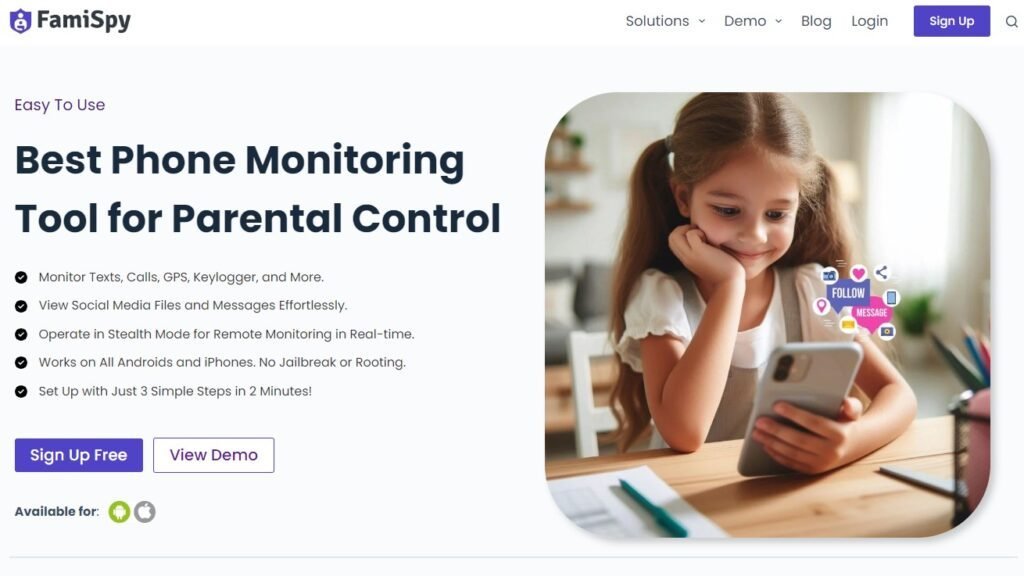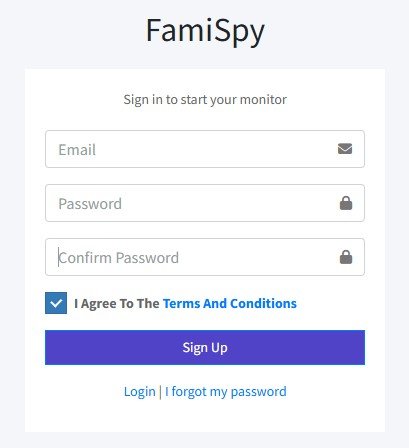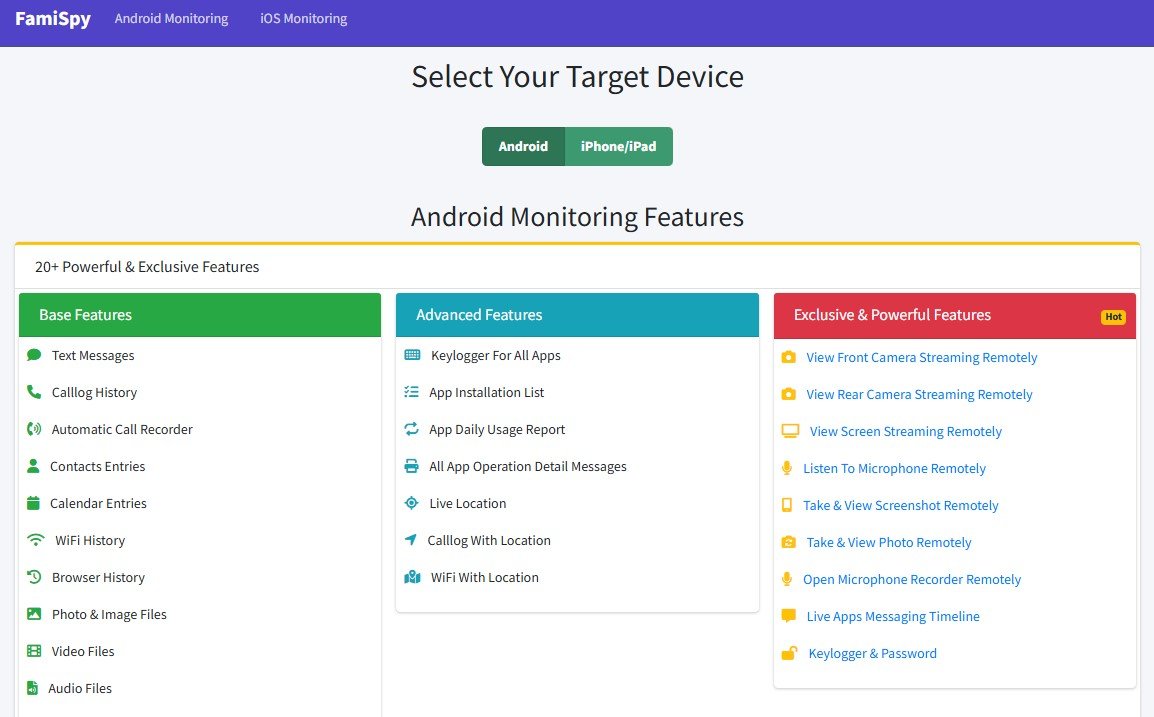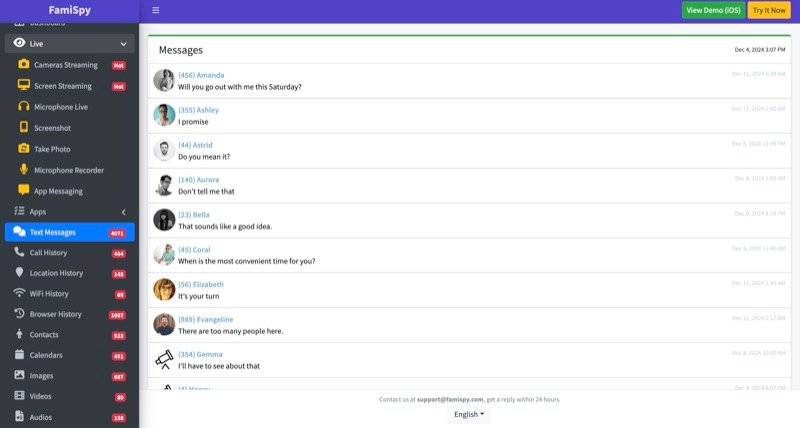Spotted “POS” in your teenager’s messages and wondering what it means? You’re not alone in feeling confused by modern teen slang. This three-letter acronym can mean completely different things depending on how it’s used, and understanding the context is key to knowing when you should be concerned.
What Does POS Mean, and Where Do Teens Use It?
When teens use “POS” in their digital conversations, they’re typically referring to one of three main meanings across various platforms like text messages, social media, gaming servers, and online forums:
Quick Reference Guide
| Format | Meaning | Concern Level |
|---|---|---|
| POS | Piece of sh*t | Medium |
| POS | Parent over shoulder | Low |
| /POS | Positive tone | Very low |
1. “Piece of Sh*t” – The Harsh Insult
This is the most offensive use of POS that parents usually worry about. Teens might use it when they’re angry at someone, frustrated with a situation, or venting about something that’s bothering them. While it’s vulgar and aggressive, occasional use doesn’t necessarily signal a major problem – though frequent usage might indicate underlying anger issues.

2. “Parent Over Shoulder” – The Warning Code
This version serves as a quick heads-up between friends when a parent is nearby. It’s essentially a digital “shh” signal that tells friends to pause or change the conversation topic. While not offensive, it does suggest your teen wants to keep certain conversations private from you.

3. “/POS” – The Positive Tone Tag
In online communities like Discord, TikTok, and Reddit, “/POS” (with the forward slash) indicates that the previous message was meant positively. This is actually helpful internet etiquette – it prevents misunderstandings in text-based conversations where tone can be unclear.
Quick tip: The forward slash makes all the difference. “/POS” is positive, while “POS” without it usually isn’t.

Decoding the Real Meaning of POS Through Context
Understanding what POS actually means in your teen’s conversation requires looking at the bigger picture:
- What was the conversation about beforehand?
- Is the overall tone angry, joking, or secretive?
- Is there a forward slash before the letters?
- How are other people responding?
- Does your teen seem defensive or secretive about it?
Context is everything when it comes to teen slang interpretation.
Warning Signs to Watch For
While POS isn’t always concerning, keep an eye out for these red flags:
- Frequent use of the offensive version
- Secretive behavior when you’re nearby
- Quickly closing or switching apps when you approach
- Defensive reactions when asked about their messages
- Sudden changes in mood or behavior after texting
How to Address POS Usage
If you discover POS in your teen’s communications, stay calm and approach the situation thoughtfully:
Start with curiosity, not accusations. Try asking, “I saw some abbreviations I don’t recognize. What does POS mean in your messages?”
Use it as a learning opportunity to discuss healthy communication, respect, and appropriate language.
Keep the conversation open rather than making it a one-time lecture.
How FamiSpy Helps Parents Stay Connected and Safe
Understanding teen slang like POS is just the beginning. FamiSpy provides comprehensive monitoring tools to help you stay informed about your child’s digital world.

- Text and Communication Monitoring: Access all text messages, calls, and app conversations with full context. When FamiSpy detects terms like POS in your teen’s messages, you’ll see the complete conversation thread to understand whether it’s concerning or harmless.
- Advanced Keylogger for All Apps: Monitor text exchanges across social media, messaging apps, and texts on both Android and iPhone devices.
- Location and Activity Tracking: Know where your teen is with detailed location information and monitor their calendar events to ensure activities are appropriate.
- Complete Digital Oversight: Track browser history, app usage patterns, Wi-Fi connections, and media files to get the full picture of your teen’s digital activities.
How to Use FamiSpy in 3 Simple Steps
Step 1: Register a FamiSpy Account
Visit the FamiSpy website and create an account. The registration process is simple and user-friendly, taking just a few minutes to complete.

Step 2: Choose Your Setup Method
- For Android users: Download and install the FamiSpy app directly on the target device following the provided step-by-step instructions.
- For iPhone users: Use iCloud credentials (Apple ID and password) to access data remotely without needing physical access to the device.

Step 3: Monitor Activity
Log in to your FamiSpy control panel from any device to track text messages, social media conversations, and communications using slang terms like POS. The dashboard provides real-time insights into your teen’s digital activities.

By monitoring phone activities through FamiSpy, parents can stay informed about their teen’s digital communication patterns and intervene when necessary to ensure their safety and well-being.
Other Meanings of POS (Beyond Slang)
Not every instance of “POS” in your teen’s world is slang. They might encounter it in other contexts:
- Point of Sale systems in retail or business class
- Position in sports rankings or academic standings
- Positive in medical, scientific, or academic contexts
Understanding these non-slang uses helps prevent unnecessary concern over innocent conversations.
Other Teen Slang Terms to Know
POS is just one piece of the teen communication puzzle. Other terms worth understanding include:
- RIZZ – Short for “charisma” or someone’s ability to flirt or impress romantically. A teen with “rizz” is considered charming or smooth.
- RN – Stands for “right now.” Often used to express urgency or current feelings, like “I’m so tired rn.”
- GYAT – A stylized, exaggerated version of “goddamn,” often used to express strong attraction or reaction, especially toward someone’s appearance.
- Poser – Someone pretending to be something they’re not.
- KMS – “Kill myself” (can be dramatic but may signal emotional distress).
- LMIRL – “Let’s meet in real life” (potential safety concern).
- GNOC – “Get naked on cam” (serious red flag).
Frequently Asked Questions
Summary: Should You Be Concerned About POS?
The answer depends entirely on context and usage patterns:
- If it’s vulgar or used frequently (piece of sh*t), start a calm, curious conversation with your teen about respectful communication
- If it’s secretive (parent over shoulder), consider whether you need better communication channels with your child
- If it’s /POS with a slash, it’s likely harmless positive communication
- Either way, monitoring tools like FamiSpy give you the complete picture rather than isolated worry
Want peace of mind about your teen’s digital communications? Try FamiSpy now for comprehensive conversation monitoring and context analysis.








